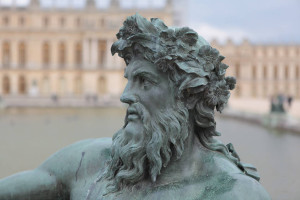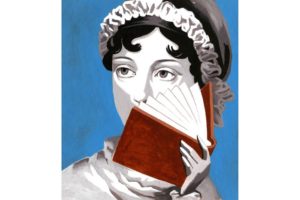
Among the ancient Greeks, the greatest ‘bad boy’ of them all was Zeus. PHOTO: GETTY IMAGES
In “Pride and Prejudice” Jane Austen highlighted a truth not universally acknowledged when she made Elizabeth Bennett fall for the dark and brooding Mr. Darcy rather than for a sweet-tempered suitor like her sister Jane’s Mr. Bingley.
Readers just love the bad boys. As Lady Caroline Lamb once said about her lover Lord Byron, it’s the men who are “mad, bad and dangerous to know” who set the heart racing.
Among the ancient Greeks, the greatest “bad boy” of them all was Zeus, who had his wicked way with innumerable nymphs and princesses, though his Olympian brothers were little better. For sheer priapic energy, however, the prize goes to Gilgamesh, god and hero of the Sumerian epic that bears his name. His lust, we’re told, left “no virgin to her lover, neither the warrior’s daughter nor the wife of the noble.” Continue reading…







